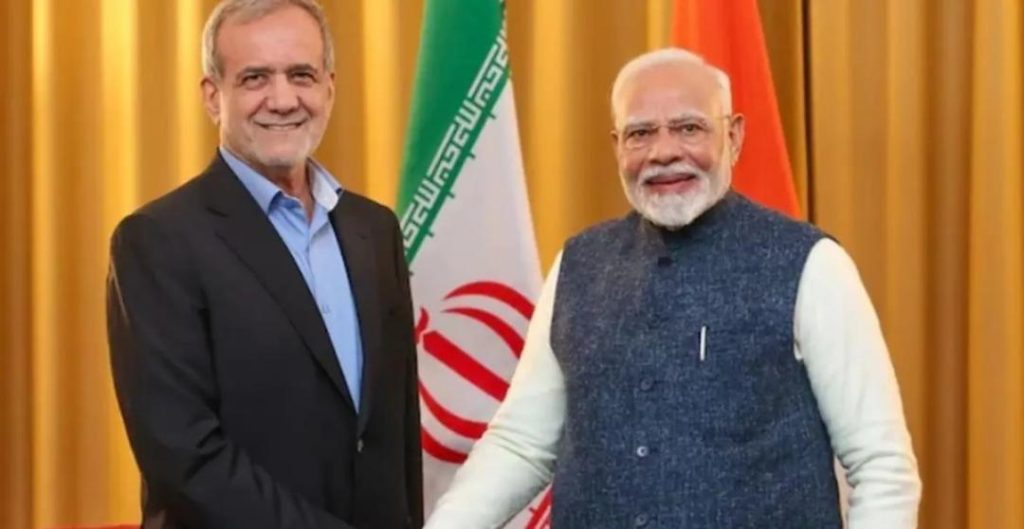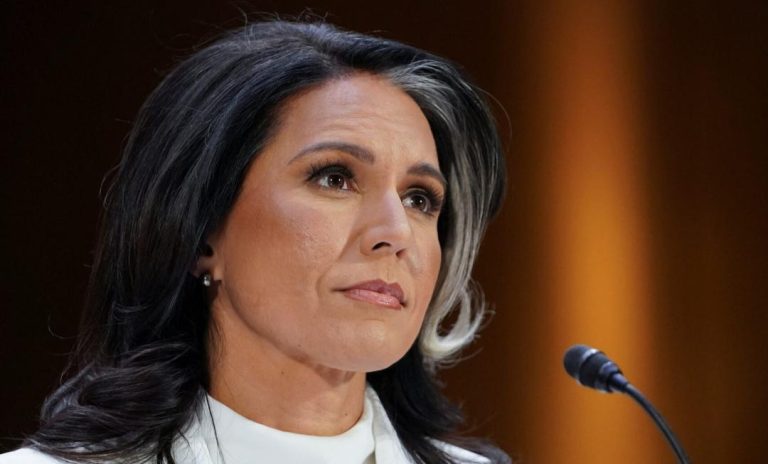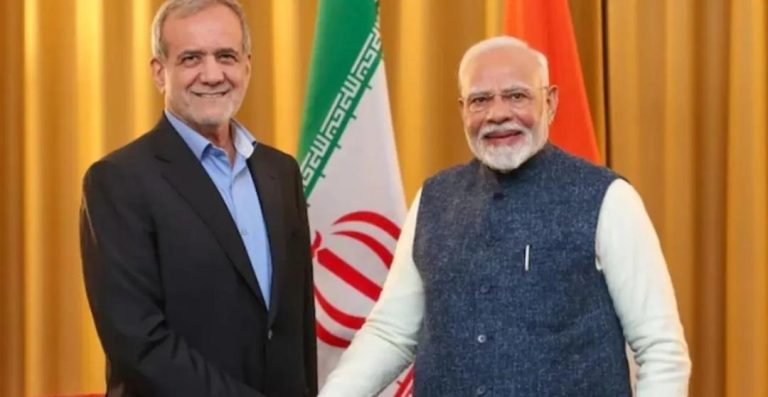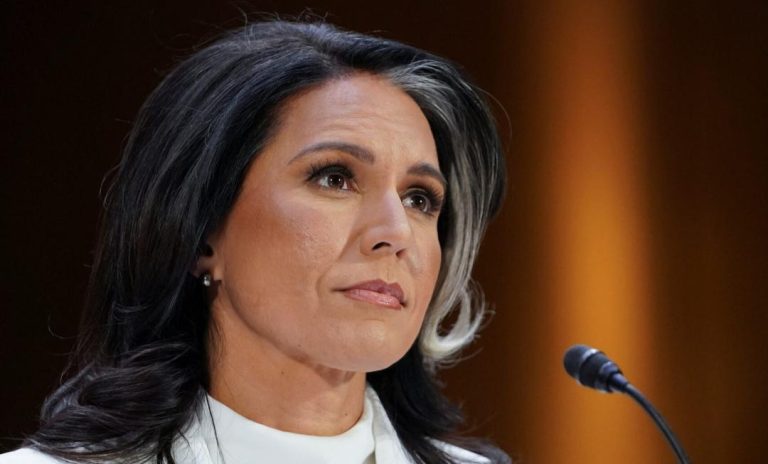
Iran Offers to Mediate between India & Pak after Pahalgam Attack
The recent terrorist attack in Pahalgam, Jammu and Kashmir, has sent shockwaves across the region, further straining the already tense relations between India and Pakistan. In the aftermath of the attack, Iran has made a bold move by offering to mediate between the two nations, amid heightened tensions and a fragile peace process.
Iran’s Foreign Minister, Seyed Abbas Araghchi, took to X to make the offer, stating, “Tehran stands ready to use its good offices in Islamabad and New Delhi to forge greater understanding at this difficult time.” This move has been seen as a significant attempt to ease the current standoff between the two nations, which has been marred by frequent ceasefire violations, military tensions, and diplomatic spats.
India, which has been vocal about its concerns regarding Pakistan’s role in the Pahalgam attack, has responded cautiously to Iran’s offer. While New Delhi has not outright rejected the proposal, it has stressed the need for Pakistan to take concrete steps to curb terrorism and dismantle terrorist outfits operating from its soil.
The Pahalgam attack, which targeted a bus carrying Amarnath Yatra pilgrims, has resulted in the deaths of at least 17 people and injured many more. The incident has been widely condemned by the international community, with many countries urging Pakistan to take immediate action against terrorist organizations.
India, in the aftermath of the attack, has suspended the Indus Waters Treaty with Pakistan, which regulates the sharing of water resources between the two nations. This move has been seen as a significant escalation in the diplomatic standoff, and has raised concerns about the potential for a full-blown conflict.
Pakistan, on the other hand, has denied any involvement in the Pahalgam attack, and has instead accused India of perpetrating a false flag operation. Islamabad has also condemned the attack, but has stopped short of taking concrete action against terrorist groups operating within its borders.
Iran’s offer to mediate between India and Pakistan comes at a critical juncture, when tensions between the two nations are running high. Tehran has historically maintained good relations with both New Delhi and Islamabad, and has played a key role in regional diplomatic efforts.
In recent years, Iran has been actively engaged in regional diplomacy, seeking to promote peace and stability in the Middle East. Tehran has also been working to improve its relations with both India and Pakistan, and has played a key role in mediating disputes between the two nations in the past.
The offer to mediate comes at a time when Iran is facing significant challenges of its own. The country is still reeling from the aftermath of the US withdrawal from the nuclear deal, and is facing increased economic sanctions and diplomatic isolation.
Despite these challenges, Iran’s offer to mediate between India and Pakistan is seen as a significant gesture of goodwill and a demonstration of its commitment to regional peace and stability. The move has been welcomed by many in the region, who see it as a positive step towards reducing tensions and promoting dialogue between the two nations.
However, the offer also comes with its own set of challenges. India and Pakistan have a long and complex history of tensions, and have often found it difficult to agree on even the most basic issues. The fact that Pakistan has been accused of harboring terrorist groups, and has been slow to take action against them, makes it difficult for India to trust Islamabad’s intentions.
Furthermore, the offer has also been criticized by some in India, who see it as a sign of weakness and a failure to take a tougher stance against Pakistan. The suspension of the Indus Waters Treaty has been seen as a bold move, and some argue that it is necessary to send a strong message to Pakistan.
In conclusion, Iran’s offer to mediate between India and Pakistan is a significant development in the region, and has the potential to ease tensions and promote dialogue between the two nations. While there are challenges ahead, the move is a welcome gesture of goodwill, and demonstrates Iran’s commitment to regional peace and stability.
News Source:




